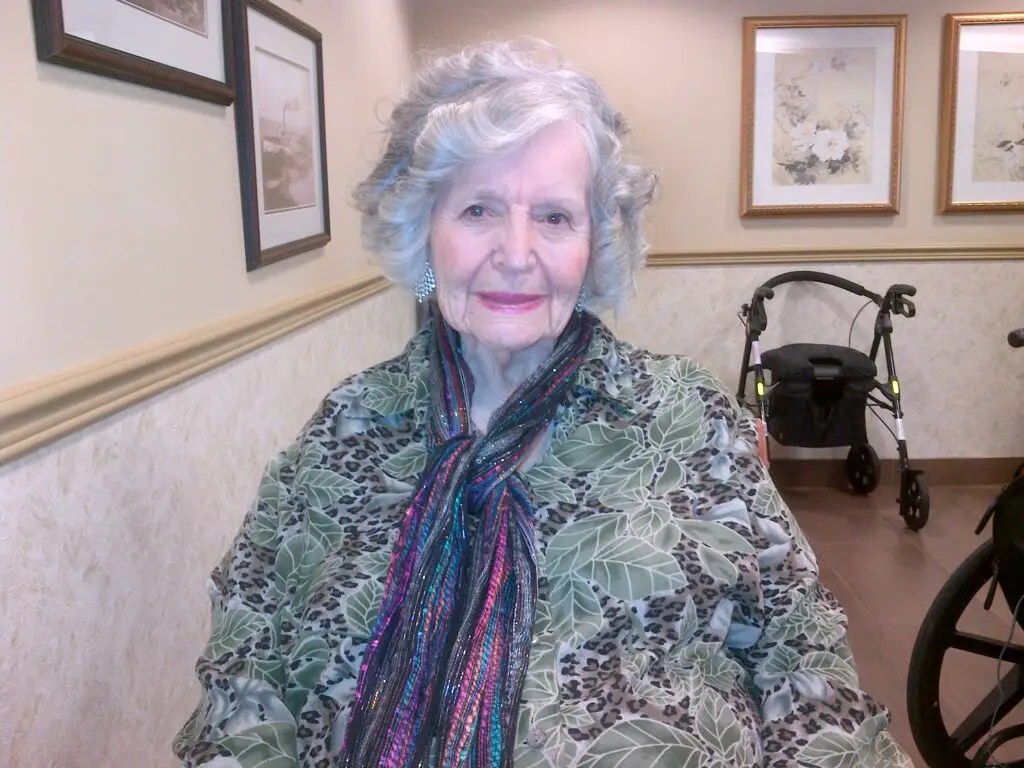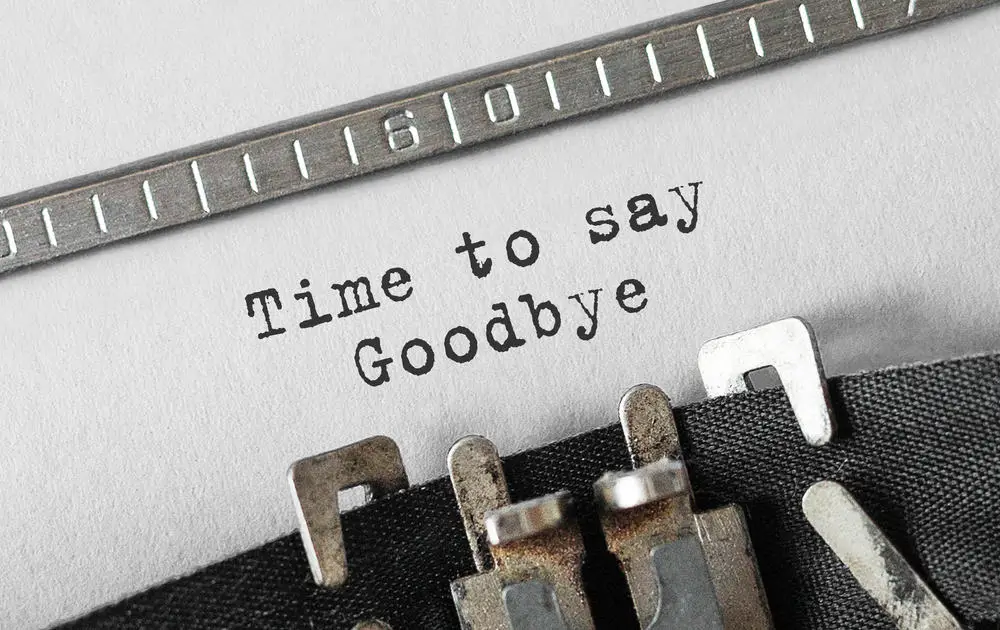The Final Goodbye
One month ago, my beautiful Afghanistan rescue dog was diagnosed with lung cancer. She had been my constant companion for over 11 years and we went everywhere together. It took me a day to weigh the pros and cons of ending her life to spare her any pain or discomfort but the decision was agonizing. More traumatic was the day we took her to the vet to have her put down. Playing God with her life did not sit well with me, even though I knew there was no other option. Ending her life that afternoon almost ended my own will to live. She was a family member and so loved. The final goodbye was something I had dreaded for sometime as this beautiful girl was 13 years old, and I know we outlive our pets. But how do you handle the final goodbye? And is closure even real?
Have you ever pondered the significance of final goodbyes? Saying farewell to someone or something is often bittersweet and can mark a momentous event or change in life.

More important was the impending death of my mother, who was in long-term care and at the end of a terminal disease. It was my first encounter with an imminent death of someone so close, and there was little communication from the home about her prognosis. Unknowingly, I left her bedside 20 minutes before she died. I then had to move on without closure, dealing with the guilt of unknowingly having left her in her final moments.
As older individuals, we encounter various beginnings and endings in relationships and careers. But bidding farewell to close friends and family members can become a common occurrence at this chapter in life. A last goodbye is supposed to be a source of closure and open new doors of opportunity. But, can we truly appreciate the value they bring to our journey?
We are told to embrace the idea of a final goodbye not as a sad ending but as a reminder to cherish the unique experiences and connections we forge in life. If we can incorporate this perspective, we can honor both the past and the present and look forward to whatever the future holds.
I have disclosed my grief about losing my beloved dog and my mother. But what about saying goodbye to good friends and family members?

The Importance of Goodbyes
Goodbyes can be difficult, but they are significant in our lives for various reasons:
Role in Relationships
Goodbyes play an essential part in maintaining healthy relationships. By saying goodbye, you demonstrate respect and appreciation for the time spent together. When people part ways, both parties reflect on shared experiences and the memories created. Furthermore, saying goodbye allows you to establish boundaries and maintain balance in your relationships.
Influence on Emotional Well-being
Besides its impact on relationships, goodbyes can also affect your emotional well-being. Acknowledging and expressing your feelings of gratitude during farewells can be a cathartic experience, helping you cope with emotions such as sadness, anxiety, or even relief. Additionally, goodbyes can provide a sense of closure, enabling you to move forward in life without lingering attachments or unresolved feelings. Embracing the act of saying goodbye can ultimately contribute to emotional resilience and personal growth.
So, make sure to take goodbyes seriously and appreciate their significance. They might be challenging, but they give us an opportunity to reflect, grow, and maintain a healthy emotional state.

Preparation for a Last Goodbye
Preparing yourself emotionally can make the process smoother when it’s time to say a final goodbye. Try to focus on two key areas: communicating emotions and dealing with unfinished business.
Communicating Emotions
As you navigate this emotional journey, expressing your feelings is essential. Sharing your thoughts with loved ones can help everyone involved feel more connected and supported. Some ways to do this include:
- Writing heartfelt letters or personal messages
- Engaging in open and honest conversations
- Participating in therapy or support groups
Remember, it’s okay to feel sad or angry…. or absolutely devastated. Embrace these emotions as they arise, and don’t be afraid to lean on others for support.

Dealing with Unfinished Business
Saying a final goodbye often involves addressing any unresolved issues or loose ends. While this can be an intimidating task, taking care of these matters can provide a sense of closure and peace of mind. Consider the following steps:
- Financial matters: Review your financial documents and ensure that any outstanding debts are settled. This may include wills, insurance policies, or mortgages.
- Legal concerns: Consult a lawyer to help with any legal questions or plans.
- Personal relationships: Reach out to friends and family members to strengthen your bond and discuss any unresolved conflicts.
By tackling these challenges, you can concentrate on what truly matters: cherishing and celebrating the time you have left with your loved ones.
The Art of Saying Goodbye
Saying goodbye can be difficult, but expressing your feelings authentically is important. As you prepare for your final goodbye, let’s explore some techniques to help you find the right words in order to create memorable moments.

Choosing the Right Words
The words you use to say goodbye should be genuine. Here are some tips for choosing the right words when saying your final goodbye:
- Reflect on your relationship with the person.
- Be truthful and sincere.
- Express gratitude for shared experiences.
- Offer reassurance and comfort.
Consider practicing what you’d like to say beforehand to ensure your words are well considered and convey your feelings accurately.
Creating a Memorable Moment
Your final goodbye should be a moment to remember. Here are some ways to create that memorable experience:
- Plan a special activity or outing to celebrate your time together.
- Share meaningful stories and memories from your time together.
- Write a heartfelt letter or message.
- Give a sentimental gift as a symbol of your relationship.
Remember, the most important part of your final goodbye is your genuine emotion and connection with the person. Choosing the right words and creating a special moment can leave a lasting impression as you say your final farewell.

Is Closure a Myth?
Dealing with Grief
When coping with a final goodbye, allowing yourself to grieve is important. Give yourself permission to feel the emotions that accompany the loss. You might experience a range of feelings, from shock and disbelief to anger or sadness. Take your time in processing these emotions, and be gentle with yourself. Consider reaching out to share your feelings with others who have gone through similar situations.
Moving Forward
Once you’ve achieved closure, it’s important to begin moving forward gradually. Remember, this doesn’t mean forgetting the person you lost but learning to live without their physical presence. Gradually incorporate activities that bring you joy. Re-establish your daily routine and consider trying new activities or hobbies as a way to create new memories. If you’re struggling to cope, don’t be afraid to seek professional help, such as therapy or counseling. It’s essential to embrace this new chapter in life while still cherishing memories of the person or thing you loved.

And Finally: Cultural Perspectives on Goodbyes
Eastern Views
In Eastern cultures, goodbyes tend to focus on the importance of the relationship and maintaining harmony. When saying goodbye, you may find it common to use polite and respectful language, such as bowing or verbally expressing gratitude for one’s time together. It’s not uncommon to feel an emotional connection to those you part with, even if it’s a short duration or a casual acquaintance. Building connections and preserving face are important values in Eastern cultures.
Western Views
Western cultures typically have more casual and straightforward approaches when it comes to goodbyes. People may be more direct in expressing their feelings and intentions at the time of departure. Physical gestures like handshakes or hugs may also play a vital role.
In some settings, you might notice that saying goodbye in Western cultures can involve humor or lighthearted remarks, making the parting less emotionally heavy for both parties. However, this doesn’t mean that goodbyes aren’t taken seriously or without sentiment. Still, the tone of the goodbye may vary depending on the relationship and context.
As you navigate the different cultural perspectives on goodbyes, remember that every individual and culture is unique. Take time to observe and adapt to the cultural norms around you in order to understand and connect with others during these significant moments.
No matter the culture, la musica è finita or translated: the music has stopped is a reality difficult to accept, process, or move on from. But move on we must because the only constant in this life is change. We can cry, we can pound the pillow, we can scream at the stars and we can be in denial, but eventually we must move forward in the most positive way possible. Because we have no other choice, and we must accept what we cannot change.

